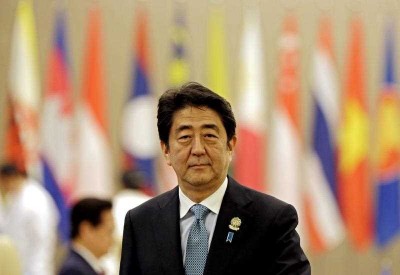Phnom Penh, 21 February 2012 — The Cambodian Human Rights and Development Association (ADHOC) welcomes the release of seven Borei Keila residents, including two minors, who were arrested last month after a clash with armed forces, but is concerned about criminal charges brought against them, which may be used to silence opponents to illegal forced evictions.
On 17 and 18 February, following a decision by the Court, seven men (five and two respectively) were released from Phnom Penh’s CC1 and CC2 prisons. All had been detained since 3 January 2012, when a violent clash occurred between hundreds of evicted Borei Keila residents, Cambodian armed forces and Phanimex company representatives. One woman living in Borei Keila and three military officers involved in the clash had already been released last month—the latter immediately, for “lack of evidence.” The seven men face charges of physical assault and refusal to comply with orders of law enforcement officials, offenses punishable by up to five years and one year in prison, respectively.
Borei Keila residents were attempting to prevent trucks and bulldozers from demolishing their homes to clear the area for a development project by Phanimex company. Among the affected Borei Keila community, some received compensation or alternative housing solutions, but many families were relocated to distant or inadequate areas, as far as 30 kilometers outside Phnom Penh. Three hundred and eighty four families who disagreed with this unfair deal received no compensation and are now homeless.
In addition to the demolition of their homes, protesters also denounced Phanimex’s failure to live up to its contractual obligations. Indeed, under a 2003 agreement, the company promised to build ten apartment buildings for Borei Keila residents. So far, however, only eight have been completed. Phanimex refuses to build the additional two buildings, alleging lack of funds.
As Borei Keila community members face criminal charges, ADHOC reminds Cambodian authorities that they are under legal obligation to protect the citizens’ right to adequate housing. This entails a duty to engage in genuine, meaningful consultations with affected people prior to implementing projects; to explore feasible alternatives; and to provide evicted citizens with fair compensation. It also entails, as demanded by several United Nations bodies, a duty to develop clear guidelines for evictions and resettlement and to adopt a proper binding framework, which includes guarantees of due process and effective judicial remedies.
Secondly, Cambodian authorities must ensure that companies involved in development projects or economic land concessions comply with their legal and contractual obligations, in particular in terms of resettlement and compensation.
Finally, ADHOC is concerned about the use of criminal charges as a means to silence opponents to illegal forced evictions. Community representatives and human rights defenders increasingly face legal proceedings in reaction to their legal education, legal advice, and advocacy activities, and armed forces are increasingly used to crack down on peaceful protests or turn them into violent clashes in order to delegitimize protesters.



